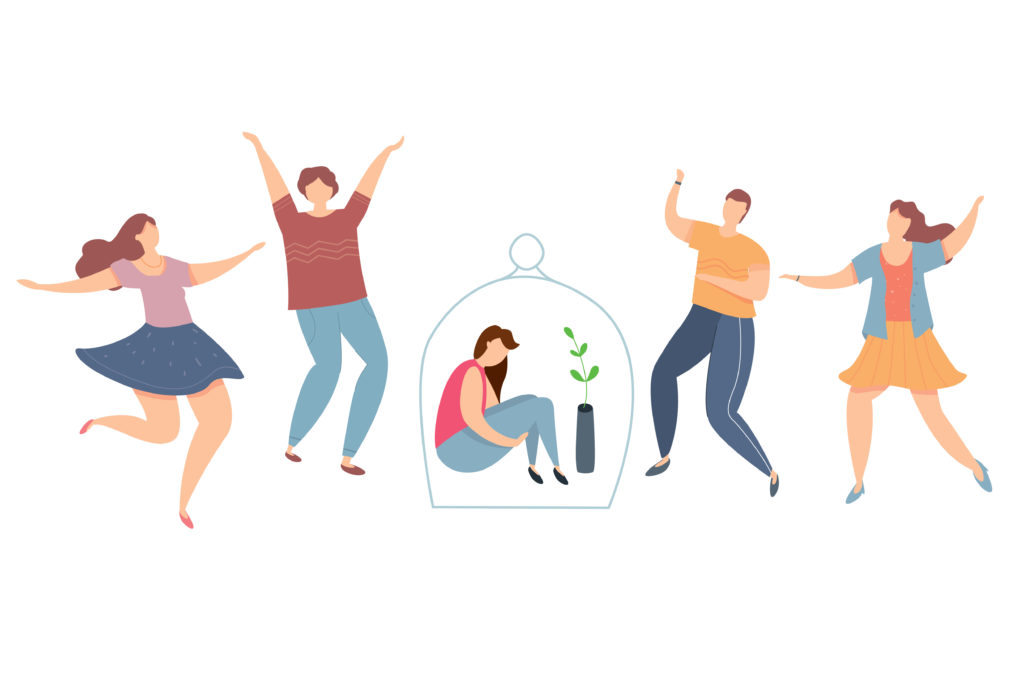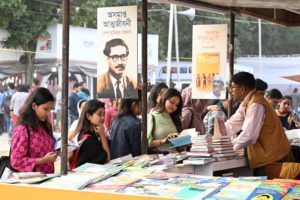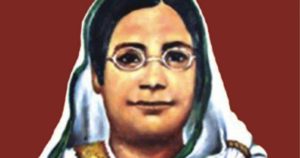Power of Introverts

By Kamrul Khan
One of my all-time favorite TED talks is Susan Cain’s “Power of Introverts.” Cain eloquently defines what it means to be an introvert, provides a history of the position of introversion in society, and outlines reasons to be comfortable with being an introvert.
The talk differentiates between being shy and being an introvert, which are commonly thought of as synonymous. Cain says, “Shyness is about fear of social judgement, introversion is more about how you respond to stimulation, including social stimulation. Extroverts really crave large amounts of stimulation, whereas introverts feel at their most alive, their most switched-on and their most capable when they’re in quieter, more low-key environments.” I wouldn’t do justice to this talk by summarizing it, but there is part of the talk that shares an interesting parallel to Bangladeshis, which I will explain later.
Some of history’s greatest thinkers were known to be introverts. Theodore Geisel, better known as Dr. Seuss, dreamed up many of his amazing stories in a lonely bell tower office in his house in California. Steve Wozniak invented the first Apple computer sitting alone in his cubicle in HP and says he would never have become such an expert had he not been too introverted to leave the house when he was growing up. Founders of the major religions like Moses, Jesus, Buddha, Mohammad, were truth seekers who went off by themselves and had profound epiphanies and revelations that they brought back to society.
If this is all true, then why are extroverts valued more in our society lately? Cain explains that part of it dates back to the period that historians call “culture of character” during the pre-industrial revolution in the US. Role models like Abraham Lincoln and Ralph Waldo Emerson were praised for being models, unassuming and contemplative.
But then came a turning point. In the 20th century, we entered a new environment triggered by the Industrial Revolution that historians call the “culture of personality.” The US went from a mostly agricultural economy to a world of big businesses; people started to move from small towns to the big cities filled with strangers, instead of working alongside their families. So in that environment, qualities like charisma and confidence in a group of strangers became more valuable.
Now the parallel.
I believe a similar change has occurred in Bangladesh with regards to the valued character traits. In my opinion, this change has made its way to our diaspora in the past 30 years. Traits that were once valued in the Bangladeshi culture, such as humility and honesty, are no longer as prevalent as the braggadocious, Keeping Up with the Joneses of today’s Bangladesh and the Bangladeshi diaspora.
The shift may have happened for the same reasons it happened in the US: the 1990s saw an explosive boom in population in Bangladesh, especially the cities. Total population in Bangladesh increased 80% from approximately 94 million in 1985 to 169 million in 2019, but the urban population increased 294% from 16 million to 63 million. Just as Cain outlines, the need for individuals to stand out in crowded cities requires one, out of necessity, to adopt character traits that would allow one to thrive.
What are your thoughts? Do you think characteristics such as humility, thoughtfulness, and empathy as as valued today as they once were?
Link to TED Talk: https://www.ted.com/talks/susan_cain_the_power_of_introverts?utm_campaign=tedspread&utm_medium=referral&utm_source=tedcomshare
Read More
The Legacy of Boi Mela
Every year in February, the month-long national book fair welcomes...
Read MoreMillennial Amma: How to Explain a Global Crisis As a Parent
Rumki Chowdhury shares tips for how to talk to children...
Read MoreBegum Rokeya’s Millennials
A tribute to a pioneering Bengali feminist writer, educator and...
Read More



